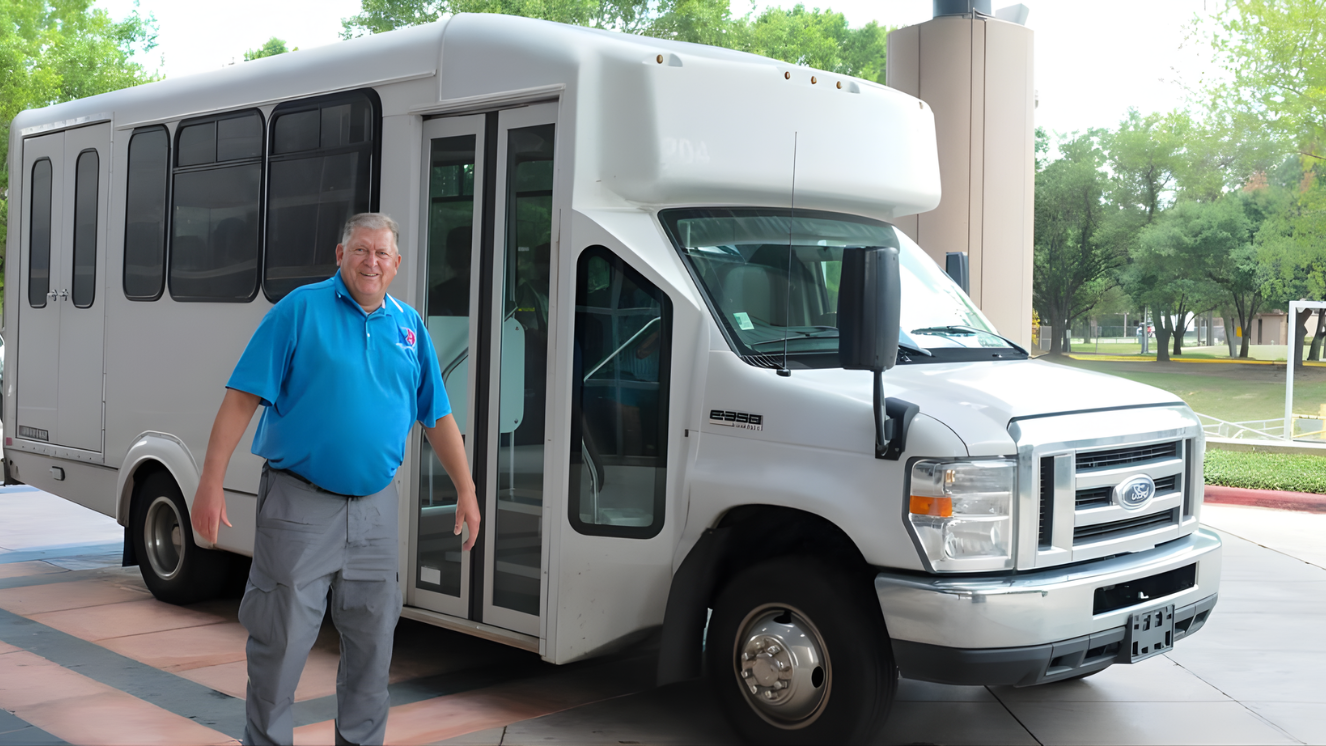JOHN BROWN'S RAID: THE DRESS REHEARSAL FOR THE CIVIL WAR
COMMENT
SHARE

John Brown was an American abolitionist who fought in Bleeding Kansas and ultimately became the first person in the U.S. hung for treason. John Brown’s Raid would become known as the dress rehearsal for the Civil War, and the actions of him and his men would go down as some of the boldest in an attempt to free slaves in America. Read next:Get To Know Doris Miller, the First Black Person To Earn the Navy Cross
Why Did John Brown Raid Harpers Ferry?
John Brown had already made waves throughout Bleeding Kansas as an abolitionist. Others also decried the treatment of slaves and demanded their freedom; however, Brown was a man of action. His overall goal was to start freeing slaves through warfare. Many talked about freeing the slaves, but Brown knew action would be necessary. This would lead Brown and his sons, Oliver and Owen, and Jeremiah Anderson to raise funds and collect weapons to begin a literal war against slavery. These feelings didn’t happen overnight. Even Fredrick Douglass, who Brown attempted to recruit for his mission, mentioned Brown’s strong convictions. Eventually, a tipping point came, setting off a series of events that would help change the course of history. While renting Kennedy Farm, Brown’s army assembled over the course of the summer. The men were hiding in secret, and Brown would even get his daughter and Oliver’s wife, both teenagers, to join them to make the appearance of a normal home. Being located only around five miles from Harpers Ferry, West Virginia, the target was set, and John Brown’s Raid was in motion. On October 16, 1859, Brown and 18 of his men began the raid on Harpers Ferry.
What Was the Outcome of John Brown’s Raid?
The beginning of John Brown's Raid on Harpers Ferry went decently. There wasn’t much or any resistance, as they didn't plan for an armed militia group to come into town and take over. Brown’s men cut telegraph wires, captured the armory, and gathered hostages while freeing their slaves. But it didn’t last long. The very next day, people in town began attacking Brown and his men. Local militias surrounded the rebels and cut off any possible escape routes. By that night, Colonel Robert E. Lee and 90 U.S. Marines would arrive at Harpers Ferry, all while Brown and his men had already suffered a number of casualties. Before the end of October 18, 1859, the raid was over. Outmanned and outgunned, a total of 16 people in Brown's army were killed, including 10 men who assisted John Brown and two of his sons. Owen was the only son who survived. Afterward, John Brown, Aaron Stevens, Edwin Coppoc, Shields Green, and John Copeland were taken to jail in Charles Town, Virginia, on October 19. Albert Hazlett and John Cook would join them soon after, as they were eventually captured.
What Went Wrong?
You can point to different events and actions as the cause, but the unfortunate truth is that the plan was destined to fail before they ever made a move. The relatively small militia was attempting quite a bold plan in an area that was on the border for the upcoming Civil War’s opposing sides. Even with training and more men, they were truly up against it. John Brown and his army were brave and had great intentions, but the odds of success were incredibly slim. Their actions at the Harpers Ferry Raid, however, would still leave a lasting impact on America.
How Did People React to John Brown’s Raid?
John Brown’s Raid would spark a number of reactions depending on what side you were on. The North would have many inspired by the move, while others criticized the violence against the government. Many Southerners reacted to the raid at Harpers Ferry by denouncing the actions and were further emboldened with the idea of succession. Overall, due to the coverage of the event nationwide, tensions only accelerated, and the American Civil War broke out the next year. Brown and his men who were captured and in jail would end up being hung for treason. Thankfully, John Brown’s Raid and the duty to unify America would inspire enough people to sacrifice their own freedoms in the military in order to free slaves. Suggested read:Charles Jackson French, the WWII Hero You Never Knew
Join the Conversation
BY BUDDY BLOUIN
Buddy Blouin is a Contributing Writer at VeteranLife.com
Buddy Blouin is a Contributing Writer at VeteranLife.com



